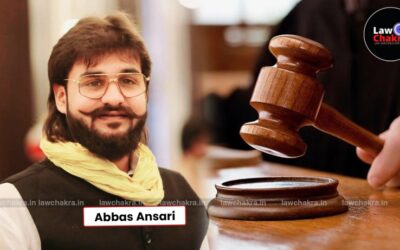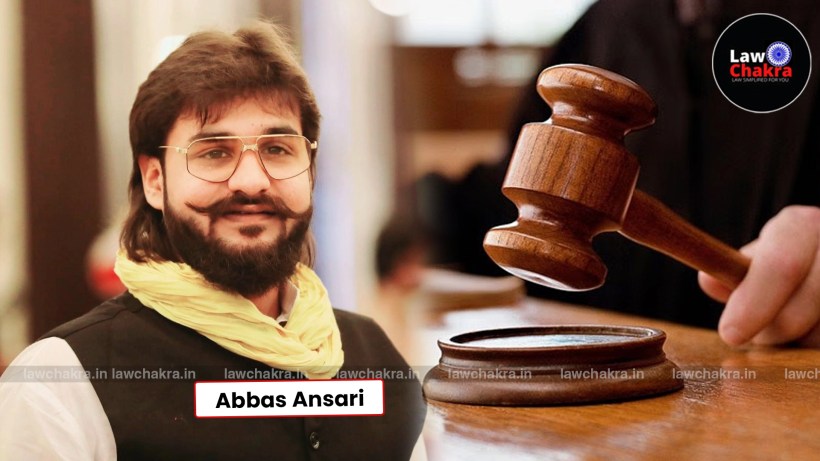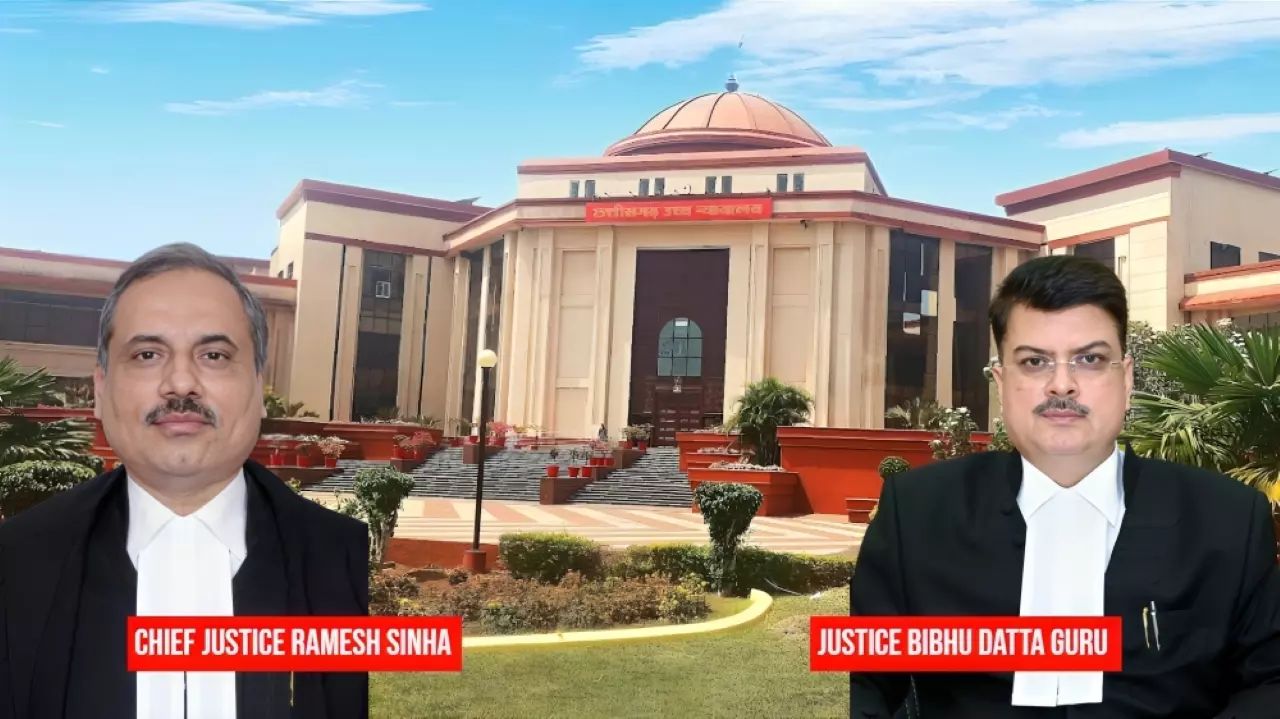Supreme Court Mulls Guidelines For Issuance Of OBC Certificates To Children Of Single Mothers Without Paternal Documents
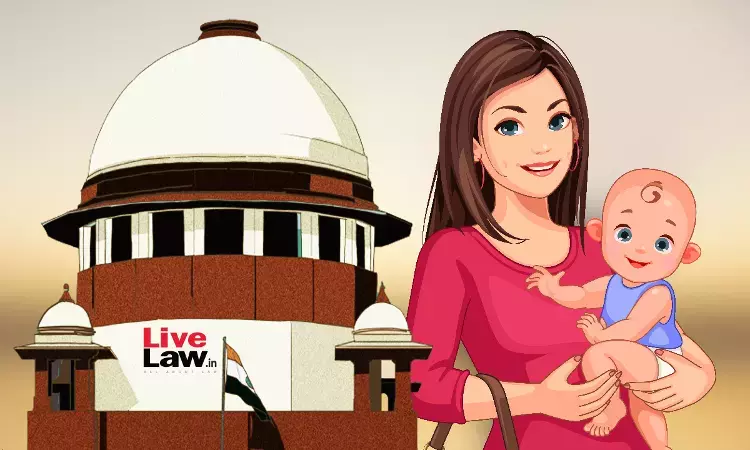
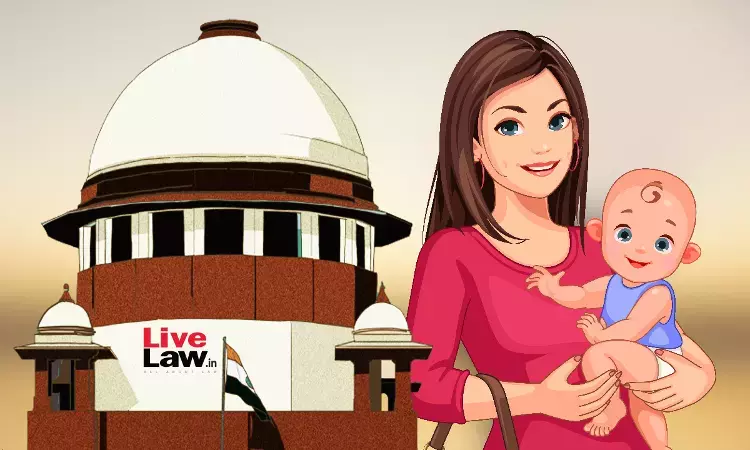
The Supreme Court today proposed to lay down guidelines for grant of OBC (Other Backward Classes) certificates to children of single mothers, so that the same can be issued without insistence on documents from the paternal side.
A bench of Justices KV Viswanathan and N Kotiswar Singh heard the matter and listed it for final hearing on July 22. The order summarized the issue raised thus,
“The present petition raises an important issue about issuance of OBC certificate to children of single mother where the mother belongs to OBC category. The claim of the petitioner is certificate should be issued on the basis of the certificate held by single mother. The grievance of the petitioner is that present guidelines seem to provide for…considering the OBC certificate issued to any paternal blood relative as the basis. According to the petitioner, this causes grave hardship to single mothers.”
Notably, Justice Viswanathan remarked during the hearing that the issue involved is important and guidelines would be laid down after sorting out some aspects. “Say there’s a divorced mother, why should she be going after the father?” the judge questioned.
Notice was issued on the petition in February, 2025, seeking the response of Delhi government as well as Union of India.
Today, Additional Solicitor General Sanjay Jain, on behalf of Union of India and Union Territories, drew the Court’s attention to the judgment in Rameshbhai Dabhai Naika v. State of Gujarat [2012 (3) SCC 400] and urged that guidelines may have to be formulated by the Court with regard to OBCs.
For context, the captioned case raised the issue of caste status of a child born to parents only one of whom was a Scheduled Caste member. A two-judge bench of the top Court held that the caste status of such child would depend on facts of each case (including the surrounding in which they were brought up).
“In an inter- caste marriage or a marriage between a tribal and a non-tribal there may be a presumption that the child has the caste of the father. This presumption may be stronger in the case where in the inter-caste marriage or a marriage between a tribal and a non-tribal the husband belongs to a forward caste. But by no means the presumption is conclusive or irrebuttable and it is open to the child of such marriage to lead evidence to show that he/she was brought up by the mother who belonged to the scheduled caste/scheduled tribe. By virtue of being the son of a forward caste father he did not have any advantageous start in life but on the contrary suffered the deprivations, indignities, humilities and handicaps like any other member of the community to which his/her mother belonged. Additionally, that he was always treated a member of the community to which her mother belonged not only by that community but by people outside the community as well”, the Supreme Court observed in its 2012 judgment.
Considering the submissions of the parties and subject to the orders of CJI BR Gavai, the instant matter was listed for final hearing on July 22. Such states which wish to bring their stance on record would be at liberty to do so, the Court said.
“You have to see and say what happens if the single mother had inter-caste marriage”, Justice Viswanathan told the parties. “Problem will arise if there is inter-caste marriage. They have resolved it for SC/ST…they said what happens if mother is SC/ST and father is not…they still say you cannot deny the benefit if the child is brought up in surrounding of the mother…similarly, those issues have to be sorted out in the final hearing of this matter…”, said the judge. Justice Viswanathan also stated that the concept of creamy layer will continue to apply, as it is applicable on income.
Background
The petitioner, a retired teacher from MCD, claims that as per existing guidelines, caste certificates to children of single mothers from OBC category cannot be granted on the basis of the certificate of the mother and the applicant has to produce OBC certificate from a paternal blood relative – which includes father or grandfather or uncle.
Inasmuch as the criteria excludes single mothers from OBC category – divorced women, widows, women who have adopted – from applying for an OBC certificate for their children based on their own certificate, the petitioner asserts, it is discriminatory and violative of Articles 14 and 21 of the Constitution of India.
With regard to the claim of discrimination, the petitioner highlights that children of single mothers belonging to Scheduled Castes/Scheduled Tribes category are allowed to obtain caste certificates on the basis of certificates of their mothers, but not children belonging to OBCs.
In support of the claim of Article 21 violation, it is contended that the denial of OBC certificates on the above basis affects children of single mothers from OBC category socially and financially.
“Because insistence on the OBC certificate of the father or paternal side by the respondents for issuing OBC certificate to the children of Single Mother (including Divorced mother, widow etc) belonging to OBC Category is totally against the rights of the children brought up by a single mother and also against the provisions of the Constitution of India.”
Case Title: SANTOSH KUMARI Versus GOVERNMENT OF NCT OF DELHI AND ORS., W.P.(C) No. 55/2025

